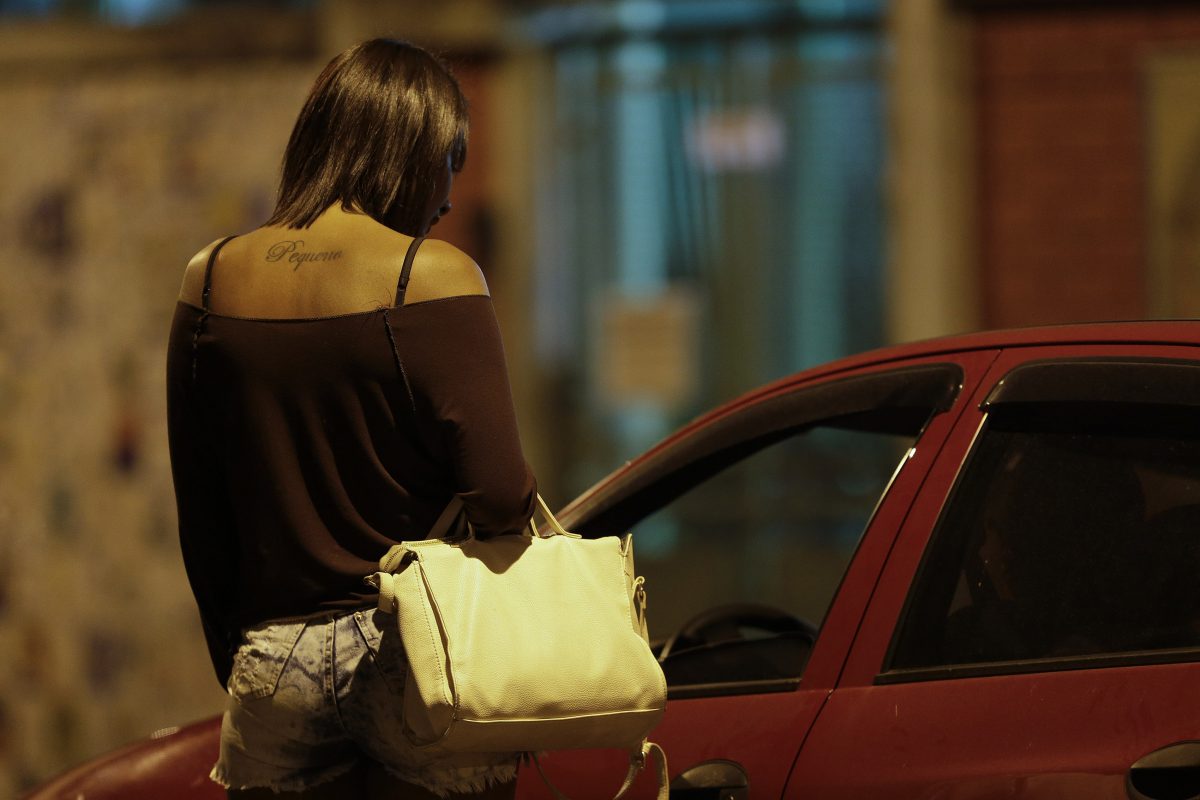In a series titled ‘Sold Out,’ the Texas Tribune painted a picture of the world of sex trafficking to detail its effect on the lives of the American children caught up and reportedly exploited by the “pipeline” connecting Texas’ child welfare system to the sex trade.
Videos by Rare
RELATED: Here’s the latest on the Texas teen rescued from human trafficking on Thanksgiving
Following a six-month investigation into sex trafficking, our reporters revealed how state leaders’ indifference and incompetence failed child victims on multiple levels. https://t.co/93ur89OPFC
— Texas Tribune (@TexasTribune) December 31, 2017
There are reportedly several problems child victims of sex trafficking face different than other victims:
For instance, in addition to the trauma of being sold for sex, these children can sometimes end up in jail because they are without any other place to go, according to the Tribune.
One report in the series tells the story of Lena who grew up in an abusive home, bounced between multiple foster facilities and ultimately became sold for sex multiple times.
Lena ended up in jail after offering an undercover police officer oral sex in exchange for money, according to the article.
However, even the people who arrested Lena said they didn’t want her behind bars, but she spent three months there nonetheless.
They said they did not have another choice but to arrest her, per a common police practice the Tribune piece called “arrest and recovery” – as in, arrest the kids to get them off the street, then drop the charges later.
Authorities said they are forced to use tactics like these due to several factors, including the overcrowding of state foster care facilities, a lack of specialized places to help victims of sex trafficking and the propensity of many of the victims to run away, repeating the same cycle of abuse and flight over and over again.
Other children reportedly reject the foster care system, considering a life in sex trafficking a safer alternative to abusive home environments, according to another article in the series.
During the recent legislative session, Texas lawmakers said they wanted to try and come to terms with the reality of the, as they described, broken system, to see what they could do to enact change.
After interviewing victims, advocates, prosecutors and law enforcement, the Tribune came up with a list of things the state can do to start helping the child victims of the sex trade:
Their solutions include allocating more state dollars to nonprofits designated to help sex trafficking victims; with additional resources, existing facilities could potentially be better equipped and new ones can be built.
Currently, Texas is reportedly home to one facility dedicated to helping sex trafficking victims, which can house 20 individuals at a time.
Despite the need beyond these 20, the Tribune’s report further shows it doesn’t accept kids the police pick up in the middle of the night as part of their arrest and recovery practices.
More money to the foster care system could also go a long way, according to the Tribune, specifically to the facilities treating the child victims with emotional and behavioral problems who experts say are more likely to become victims of the sex trade.
Many more solutions are outlined in the multi-article series, and social workers say they can provide a framework on which to build.
How to spot, help child sex trafficking victims https://t.co/v7MjURGdMy via @KHOU
— The Refuge For DMST (@TheRefugeDMST) December 6, 2017
“We have to build the places. We have to create the places. That money has to be raised,” Brooke Crowder, founder of The Refuge, a nonprofit in Austin dedicated to helping sex trafficking victims, said in an interview. “At the end of the day, the state has to be willing to put resources for infrastructure to house and care for these children.”
RELATED: Houston mayor issues ‘zero tolerance’ order on human trafficking in city contracts



